Publications
Myriam’s articles can be found at these links:
In the middle ear, the tensor tympani (TT) muscle contracts as part of our startle reflex while the stapedial muscle contracts in response to loud sounds, tightening the ossicles (the tiny bones of the middle ear) and limiting transmission of these sounds to the inner ear. This provides some protection against potentially damaging sounds.
Tensor tympani syndrome (TTS) is an involuntary hyperactivity or myoclonus (spasm) of the TT muscle. In many people with tinnitus and almost all people with significant hyperacusis, TTS appears to develop as an involuntary ‘protective’ response to sounds (or other stimuli) subconsciously evaluated as potentially painful, potentially threatening/damaging to the ears/hearing or potentially likely to stir up their tinnitus.
TTS is also considered to be the major physiological basis of tinnitus and other referred symptoms in and around the ear in people with TMJ (jaw joint) stress/dysfunction. In that pathway, the symptoms are not directly triggered by stimuli perceived as potentially threatening to the ears/hearing/tinnitus.
TTS typically does not develop in people with misophonia.
This heightened contraction of the TT muscle can:
As a result, TTS can cause a range of symptoms in and around the ear(s). These include:
For those affected, some/many/all of these symptoms may develop or be aggravated by exposure to intolerable sounds. For others, some/many/all of these symptoms may be more intermittent, occurring randomly.
This sound-induced mechanism of TTS in acoustic shock/hyperacusis/tinnitus patients has recently been objectively verified (Fournier et al, 2022), but is not widely recognised or understood in the medical profession. However, it gives a logical explanation of the symptoms. In our experience, it is entirely consistent with the clinical picture presented by our patients.
It does not harm the ear to experience TTS.
Even though TTS symptoms can seem as if the ear is being significantly affected or even damaged by sounds, this is not the case. Moderate, everyday sounds are safe and do not harm the ear or cause a hearing loss.
As TTS can develop from an involuntary ‘protective’ response to sounds (or other stimuli deemed as threatening), understanding TTS, effective pain management, managing stress and anxiety, and achieving tinnitus habituation/hyperacusis desensitisation will reduce TTS symptoms.
Individual guidance from a skilled musculoskeletal physiotherapist to provide neural desensitisation strategies including neural tapping, relaxation of the facial muscles in and around the ear, and identification and massage of muscular trigger points in the shoulder and neck, will be of benefit.
Effective pain management is a priority for pain hyperacusis patients. Severe sound-induced neuropathic pain is consistent with trigeminal nerve inflammation. Consulting a Pain Physician is recommended, where the treatment should be as for trigeminal neuralgia. This approach, combined with neural tapping from a skilled physiotherapist and our hyperacusis therapy program, has been uniquely effective in treating these patients at our clinic.
TTS-like symptoms may be due to middle or inner ear pathology. As a result, TTS symptoms can be mistakenly diagnosed as due to middle/inner ear pathology or TMJ dysfunction. Consulting an Ear, Nose and Throat Specialist/TMJ Specialist should be carried out to exclude these possibilities. When TTS is solely a secondary consequence of TMJ dysfunction, the symptoms are not triggered/aggravated by sounds. With TTS associated with tinnitus/hyperacusis, the primary cause is related to the way sound is perceived in the brain.
The ‘protective’ mechanism of TTS causes symptoms in the ear(s) which are uncomfortable, annoying, painful and can cause anxiety and distress. This can lead the brain to anticipate these symptoms, and consider the ear needs to be ‘protected’ from further discomfort/annoyance/pain/anxiety/distress by subconsciously triggering ongoing TTS, which causes discomfort/annoyance/pain/anxiety/distress …… Unfortunately, not at all an efficient mechanism.
Once TTS has been diagnosed, there is no medical reason why the symptoms should be monitored. Overly anticipating and monitoring the symptoms will perpetuate this cycle and reinforce the brain’s need to ‘protect’ the ears. Additionally, over-monitoring will keep the symptoms prominent and reinforce awareness of them.
The best way to deal with TTS symptoms is to train your brain not to monitor them – briefly acknowledge them when you notice them, then use refocussing strategies to reduce your symptom awareness
Myriam Westcott is the most experienced clinician world-wide in TTS. She first identified TTS as responsible for sound-induced physical symptoms in hyperacusis patients. Myriam can provide evaluation, guidance and treatment recommendations depending on your individual TTS symptoms and circumstances.
Myriam’s articles can be found at these links:
Book an Appointment
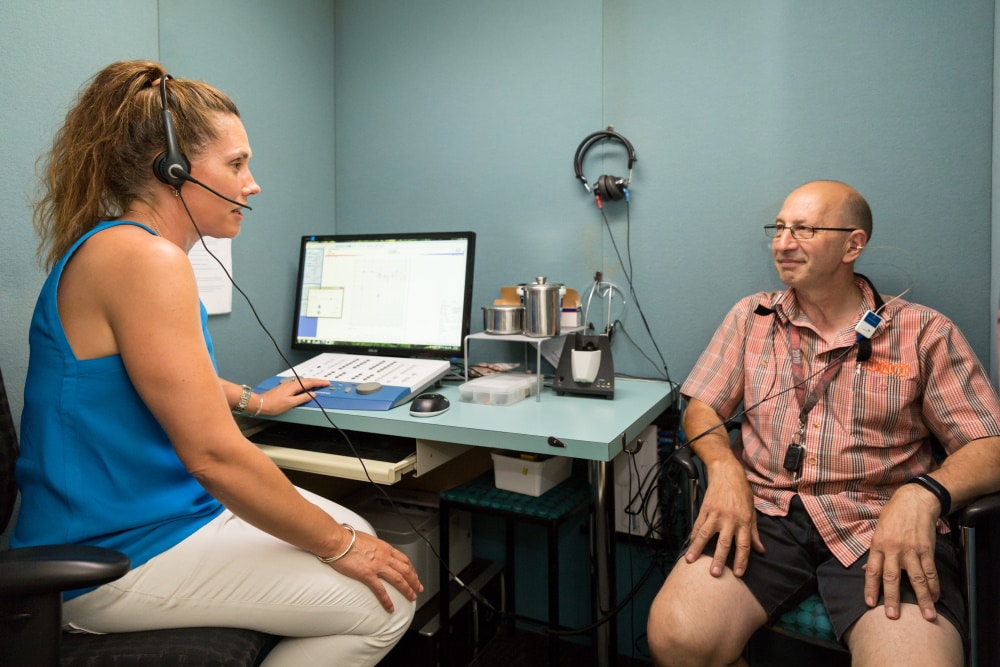
A reduced capacity to communicate has a significant impact on relationships, career opportunities, social connection, independent living and quality of life.
Read More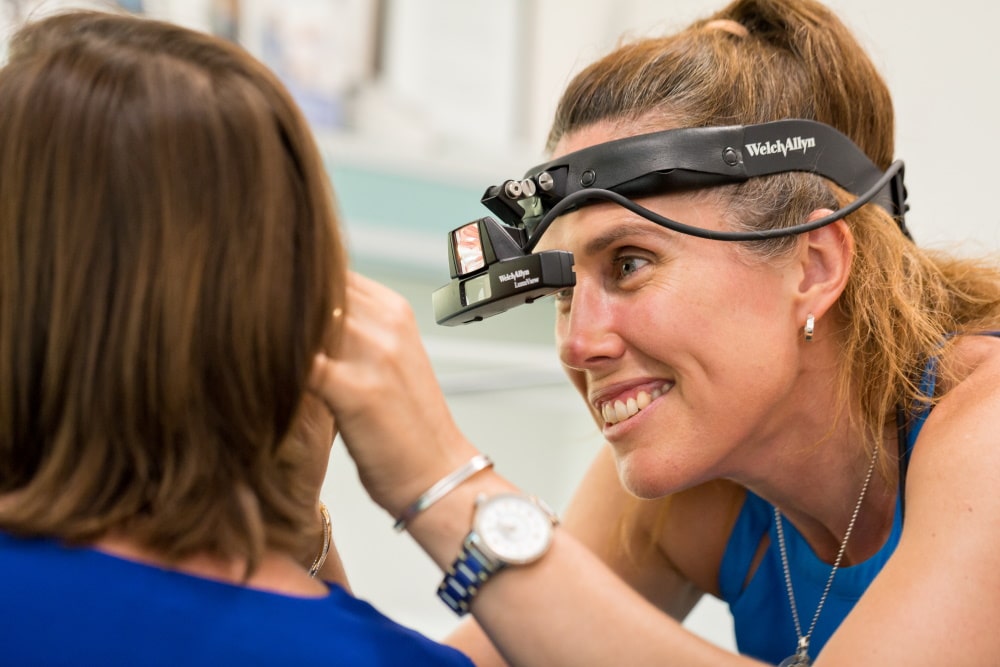
We carry out a range of hearing tests that help determine whether you need a hearing aid.
Read More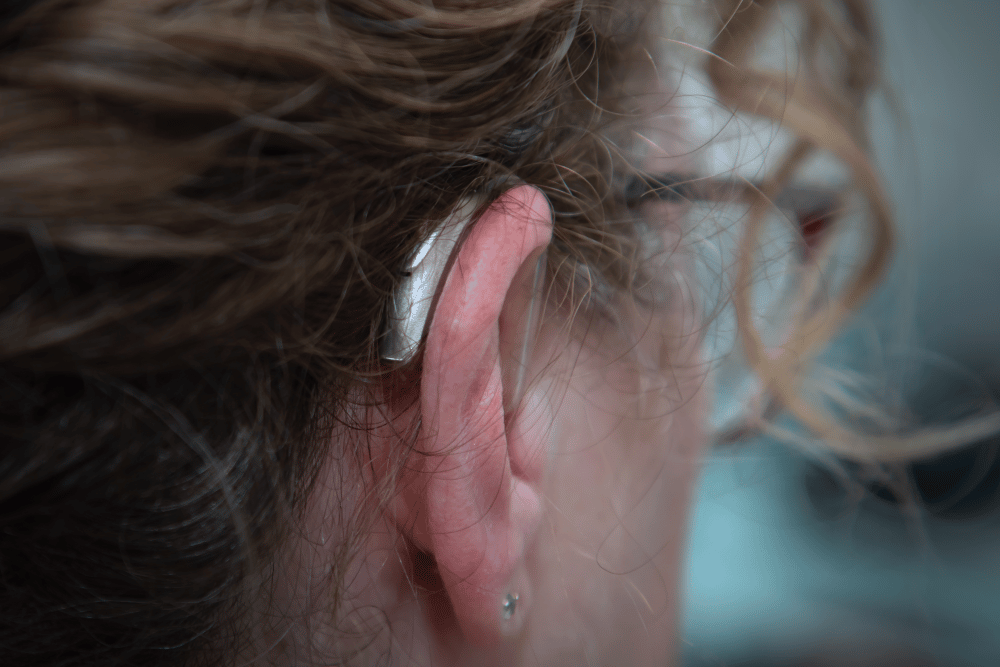
Hearing aids are available in three styles; BTE, RIC or are fully contained in the ear.
Read More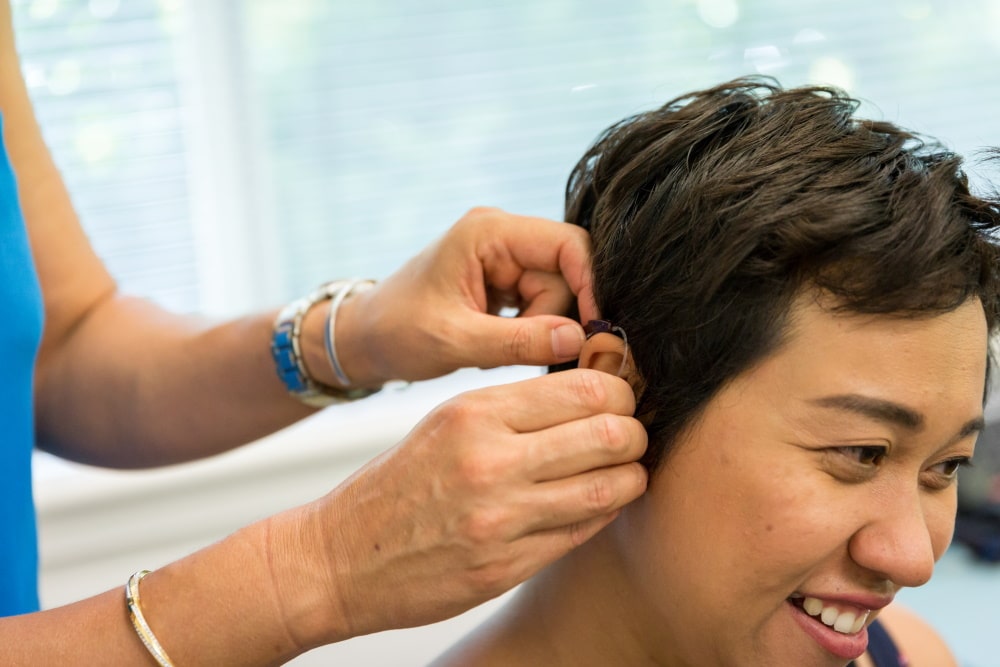
With new hearing aids your concept of “normal” hearing will need to be relearnt.
Read More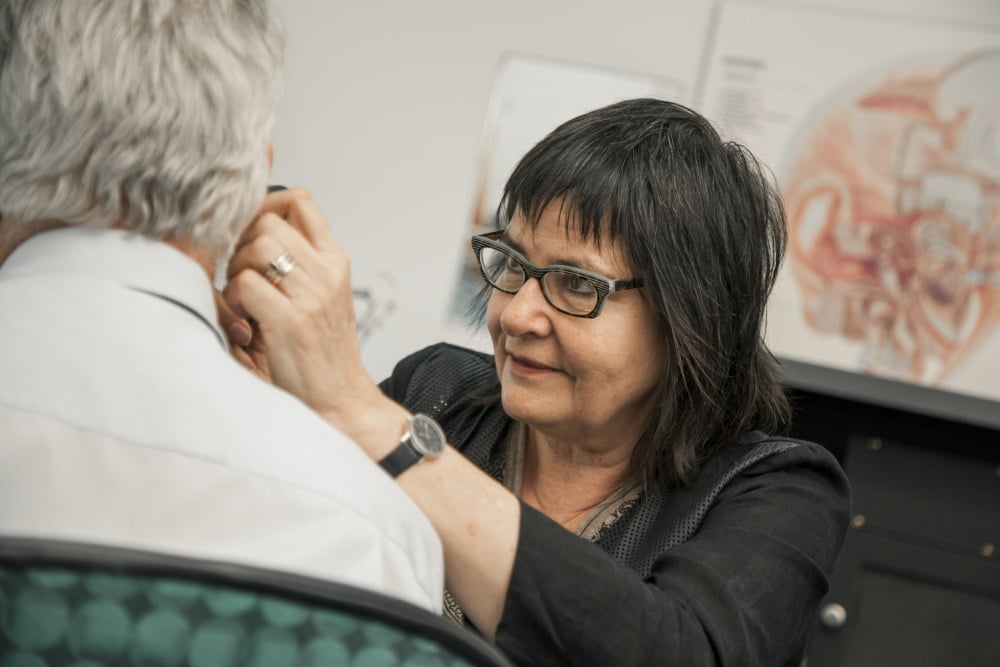
We have extensive training, experience and expertise in fine-tuning contemporary hearing aids to individual communication needs.
Read More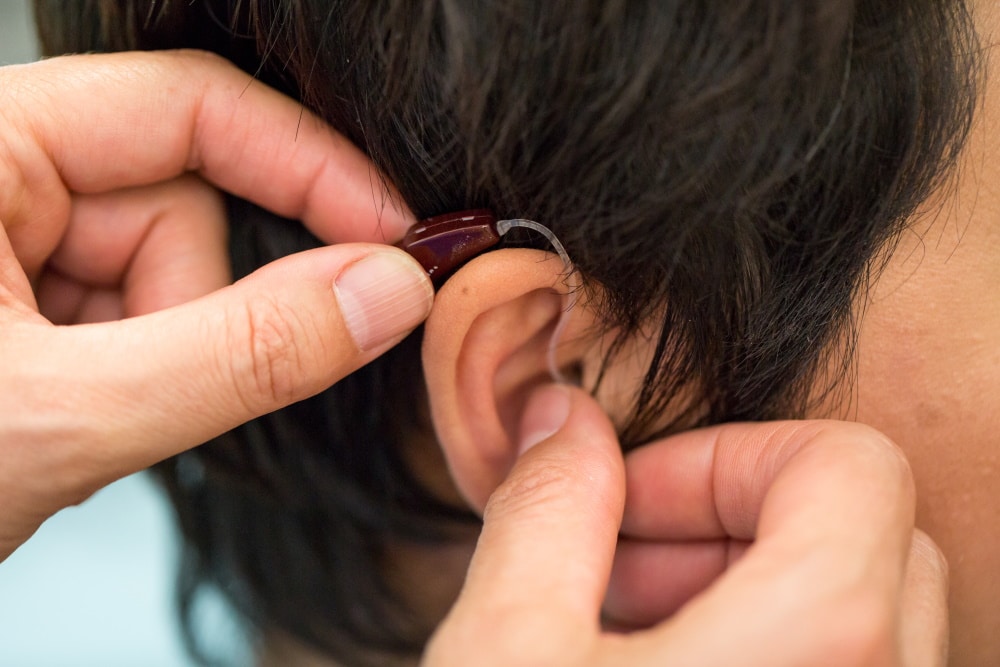
Your fitting package will include an instruction booklet and the accessories needed for maintenance and dehumidification
Read More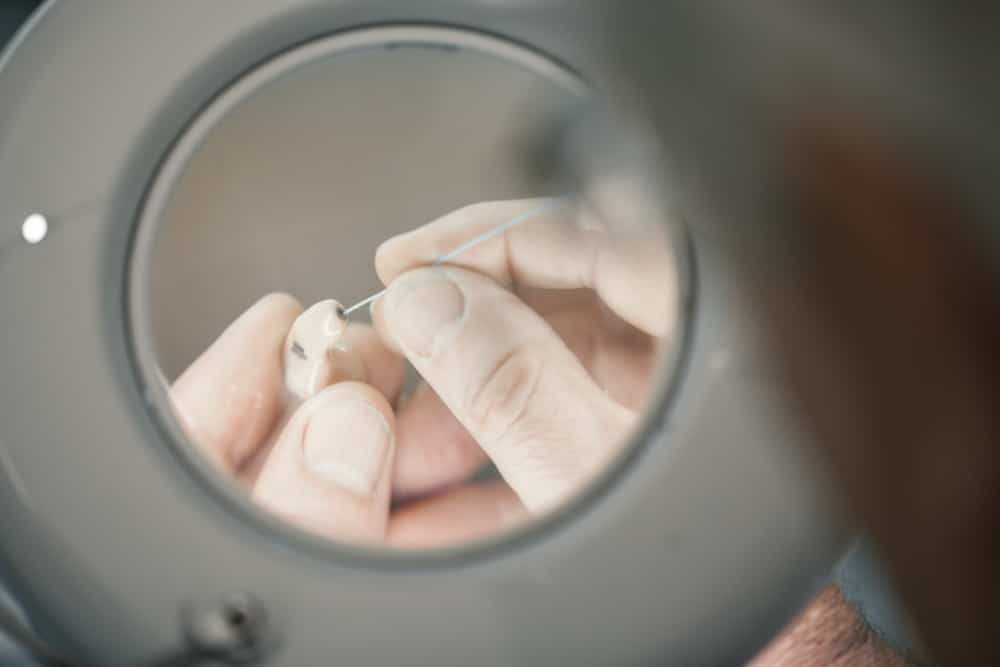
To minimise the need for repairs and to preserve the life of your hearing aids, regular and thorough maintenance is essential.
Read More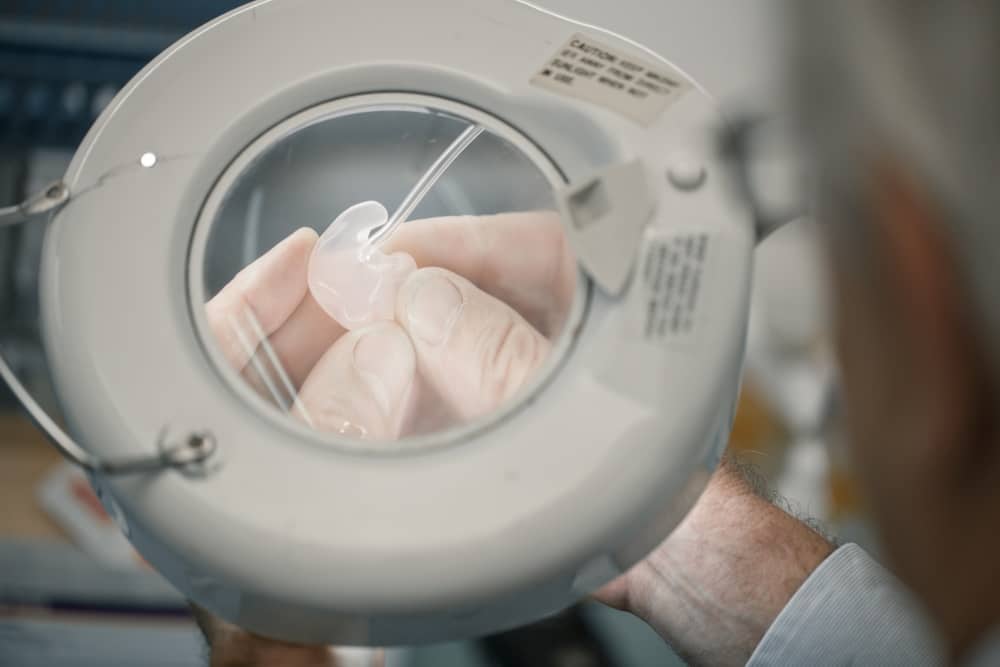
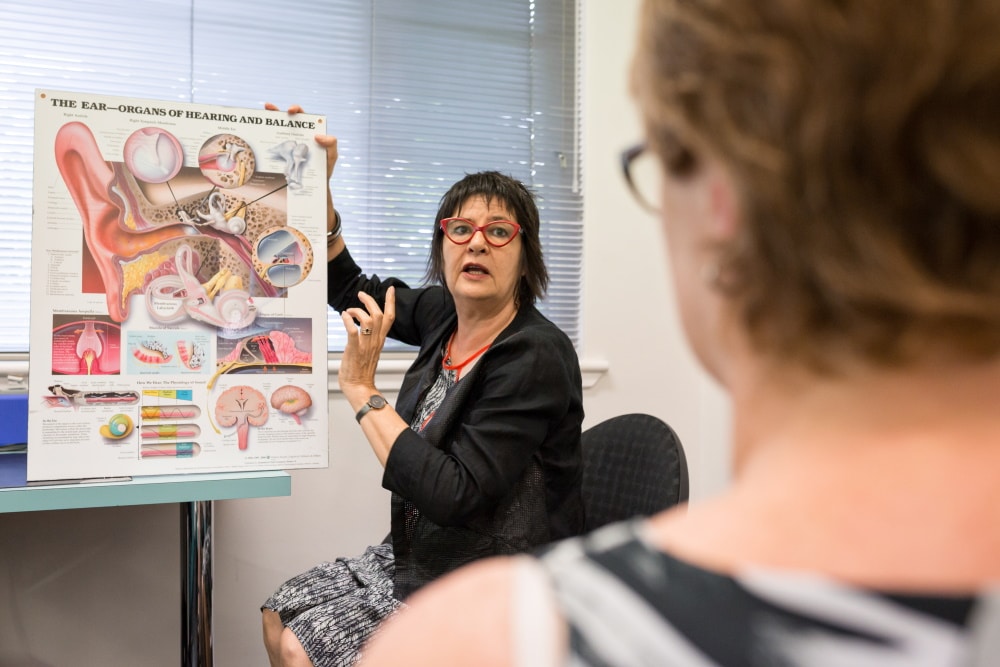
Both conditions have the potential to escalate, so that an increasing range of sounds become intolerable.
Read More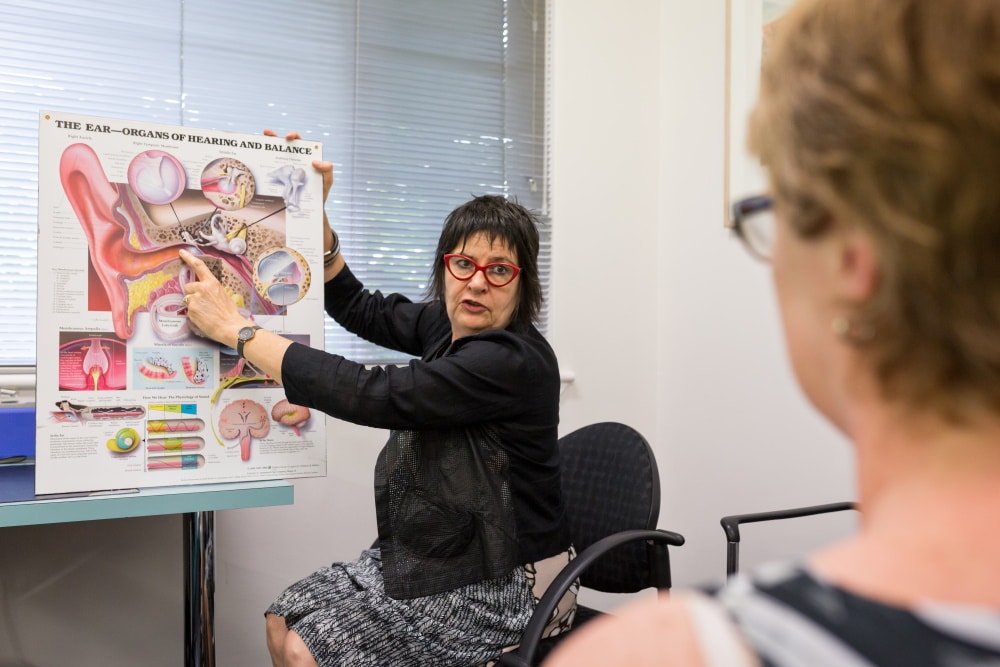

Misophonia is a strongly aversive response or abnormal sensitivity to certain specific sounds
Read More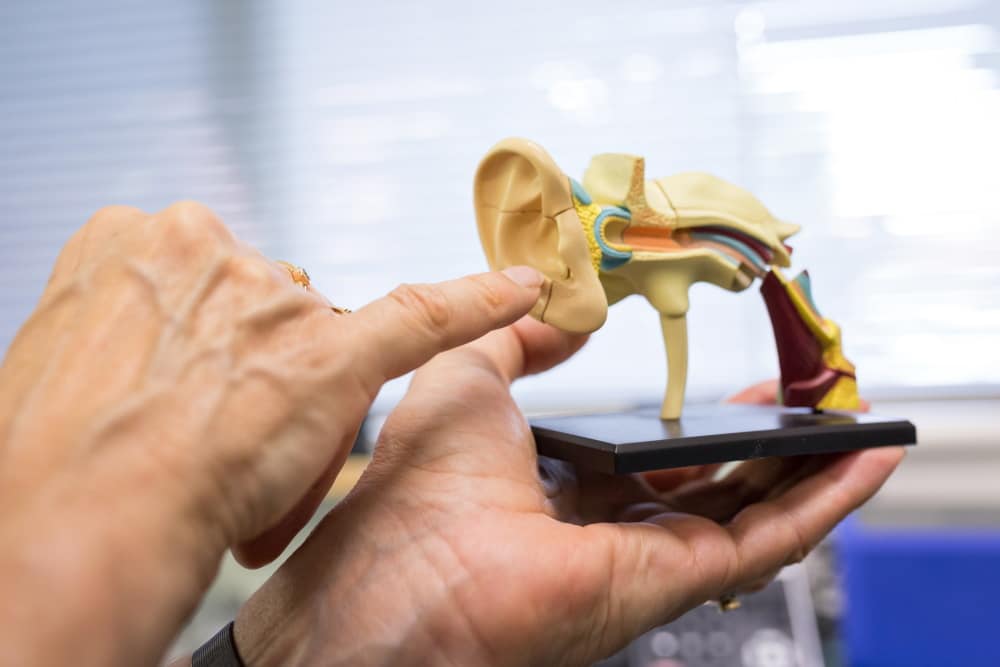
Tinnitus is the term used to describe hearing any sounds which are not present externally.
Read More
Acoustic shock is an involuntary fright/psychological trauma reaction to sudden, loud noises.
Read More
Hearing difficulties in school age children are known to have a significant impact on their social, behavioural and academic growth.
Read More